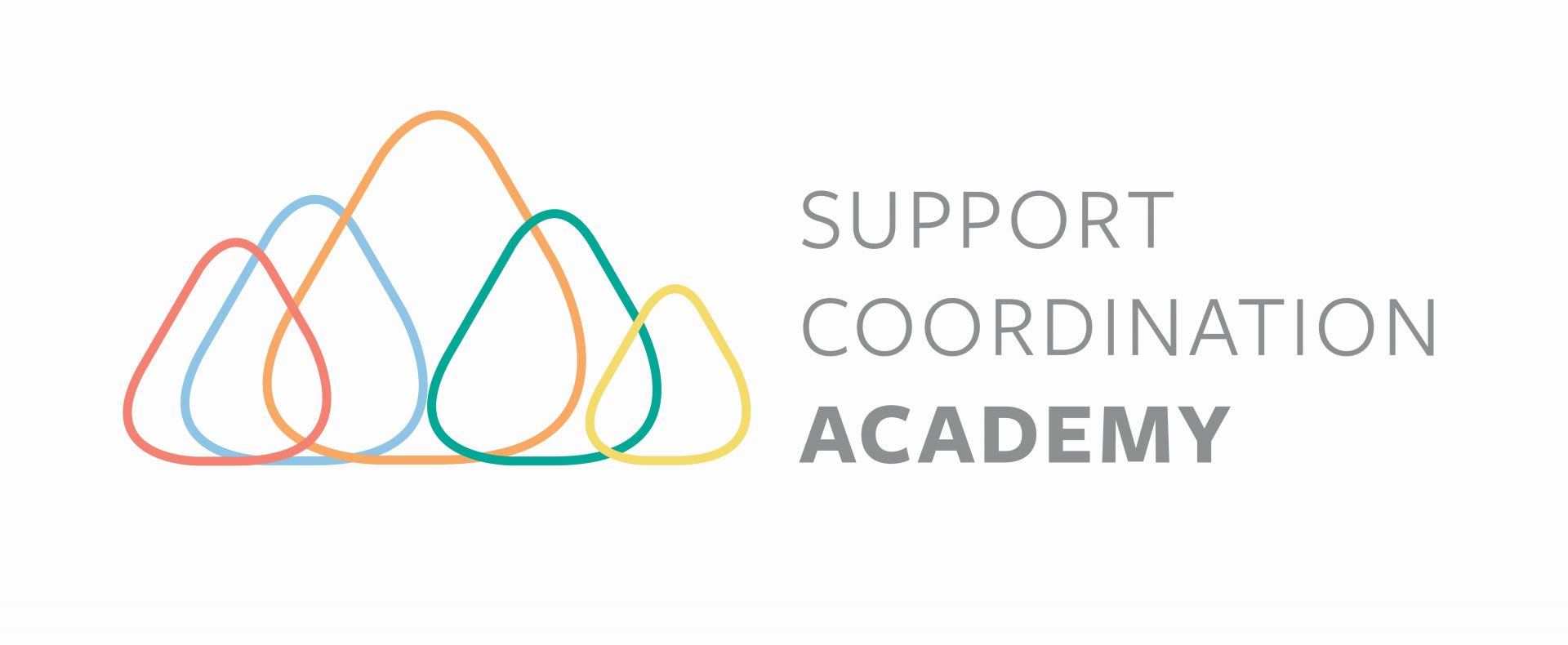How
much does an NDIS Support Coordinator get paid?
For Level 1 (non-remote) – Support Connection Coordinators, the NDIS maximum hourly rate is $65.09
For Level 2 (non-remote) – Coordination of Supports, the NDIS maximum hourly rate is $100.14
For Level 3 (non-remote) – Specialist Support Coordination, the NDIS maximum hourly rate is $190.54
Support Coordinators in remote areas can earn 50% more per hour.
Are you interested in becoming a support coordinator?
Currently a support coordinator looking to upskill?
What is the current job demand for NDIS Support Coordinators?
According to the NDIS Workforce report submitted to Parliament in February ; 83 000 more full time staff will be needed in the sector over the next two years to meet the growing demand for NDIS services.
The Australian Government recognises that Support Coordinators play an integral role in helping participants to understand their NDIS plans, connect with supports and services, and resolve service delivery issues.
If you are considering a career in care within a highly rewarding industry, your diverse skills may be suited to being a Support Coordinator.
What qualifications do I need to become a Support Coordinator?
There are currently no pre-requisite qualifications required and great Support Coordinators come with a wide variety of skills ; however, we do recommend that future Support Coordinators undertake a short course to help them understand the responsibilities and scope of the Support Coordination role and how to achieve the best outcomes for your NDIS participants.
The administrative support required by NDIS participants can be demanding for new Support Coordinators.
On top of tracking what the initial plan includes, the local supports/services available, how the plan will be access by participants, how the plan meets their needs and providing the NDIA with regular reports; Support Coordinators are required to record and file in-depth case notes, billable Support Coordination hours, track participant milestones and participant plan budgets.
Many Support Coordinators choose NDIS Support Coordination specific software to ensure evidence of these records can be easily shared with participants and relevant stakeholders, stored, and updated in one place.
How do I choose a Support Coordinator?
As of the 30th of September 2021, over 200,000 active NDIS participants had support coordination funded in their approved NDIS plan. With the large number of organisations offering Support Coordination services, it might be difficult to know how to choose the right one for you.
On top of being well versed in your local supports and organisations, a great Support Coordinator:
- Regularly engages with you to understand your individual circumstances, disability related support requirements, and track your goals
- Monitors and keeps you updated of plan budgets
- Reports to the NDIS if your funding requires adjusting
- Reduces your administrative burden and gives you a number of ways to sign and access information critical to your NDIS plan
- Has experience in helping people like you learn how to choose their own services
- Regularly reports to the NDIS on how your plan is going and lets the NDIS know what you need in the next plan
Your NDIS planner will be able to give you a list of your local Support Coordinator options and you can also search on the NDIS website list of registered Support Coordinators throughout Australia.
The NDIA funds 3 levels of Support Coordination with increasing expertise required for each raise in level:
- Level 1 – Support Connection Coordinators:
Understand the Plan - Connect with Supports and Services - Establish Supports - Coach, Refine, Reflect - Report to the NDIA.
- Level 2 – Coordination of Supports:
Understand the Plan - Connect with Supports and Services - Establish Supports - Coach, Refine, Reflect - Report to the NDIA - Design Support Approaches - Targeted Support Coordination - Crisis Planning, Prevention, Mitigation and Action - Capacity building and Resilience.
- Level 3 – Specialist Support Coordination staff;
Understand the Plan - Connect with Supports and Services - Design Support Approaches - Establish Supports - Coach, Refine, Reflect - Targeted Support Coordination - Crisis Planning, Prevention, Mitigation and Action – Address Complex Barriers - Design Complex Service Plan - Build Capacity and Resilience - Report to the NDIA.
NDIS Support Coordinators are paid per hour with relevant rates depending on:
- Location of the support provided - Non-Remote, Remote or Very Remote
- How the participant manages their NDIS Plan - Agency, Plan or Self Managed
The maximum rates for Support Coordination spending are set by the NDIA so that participants receive value for money in the supports that they receive.



